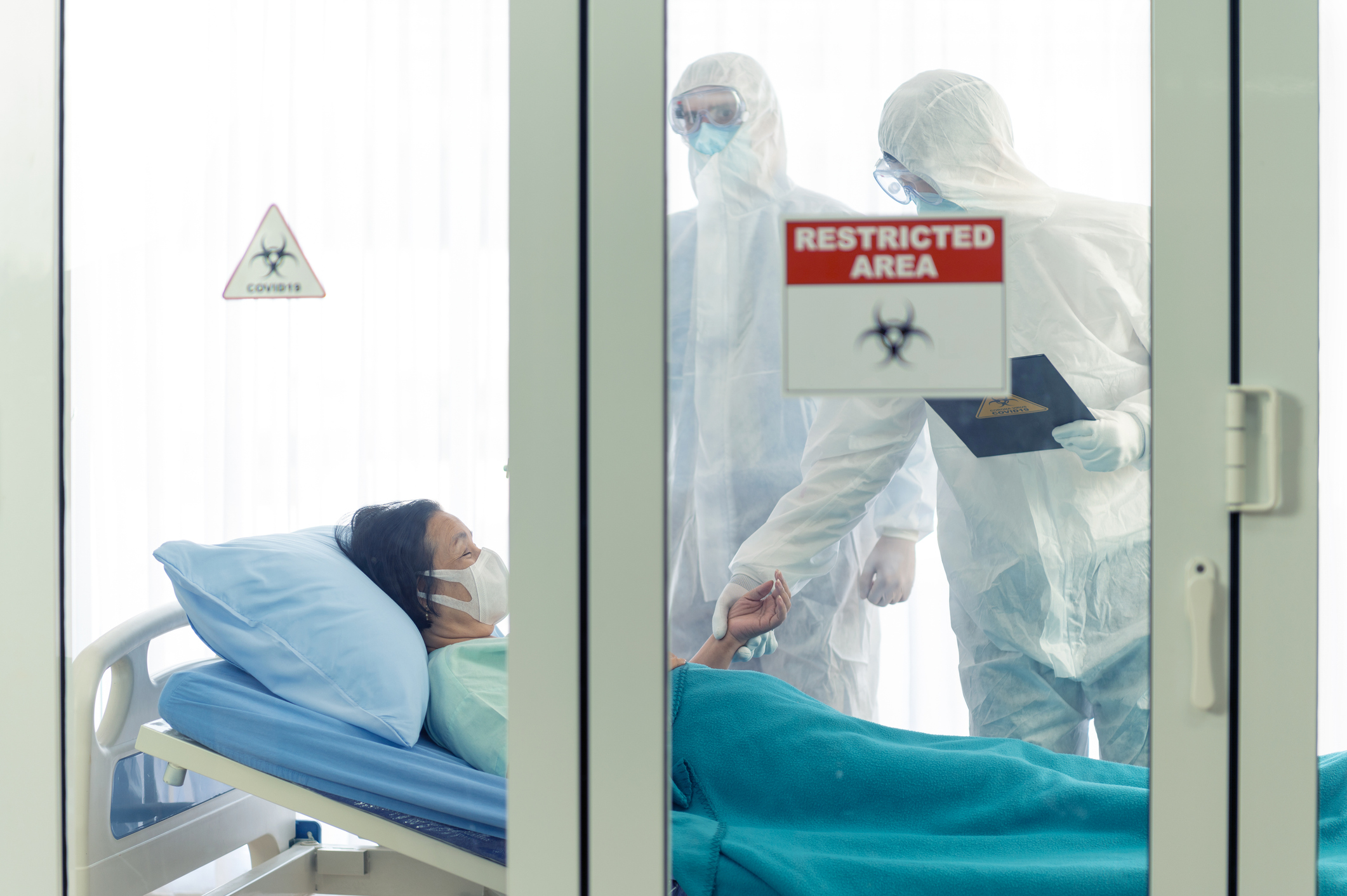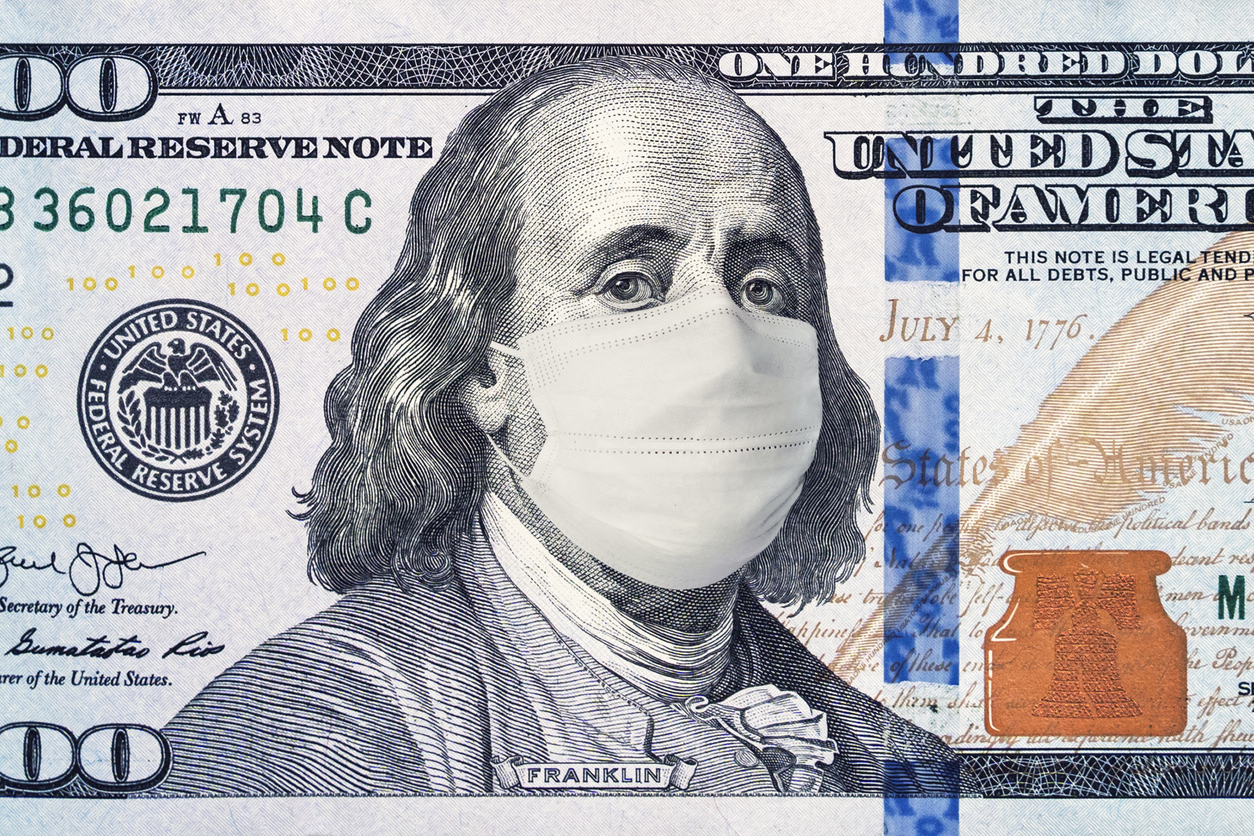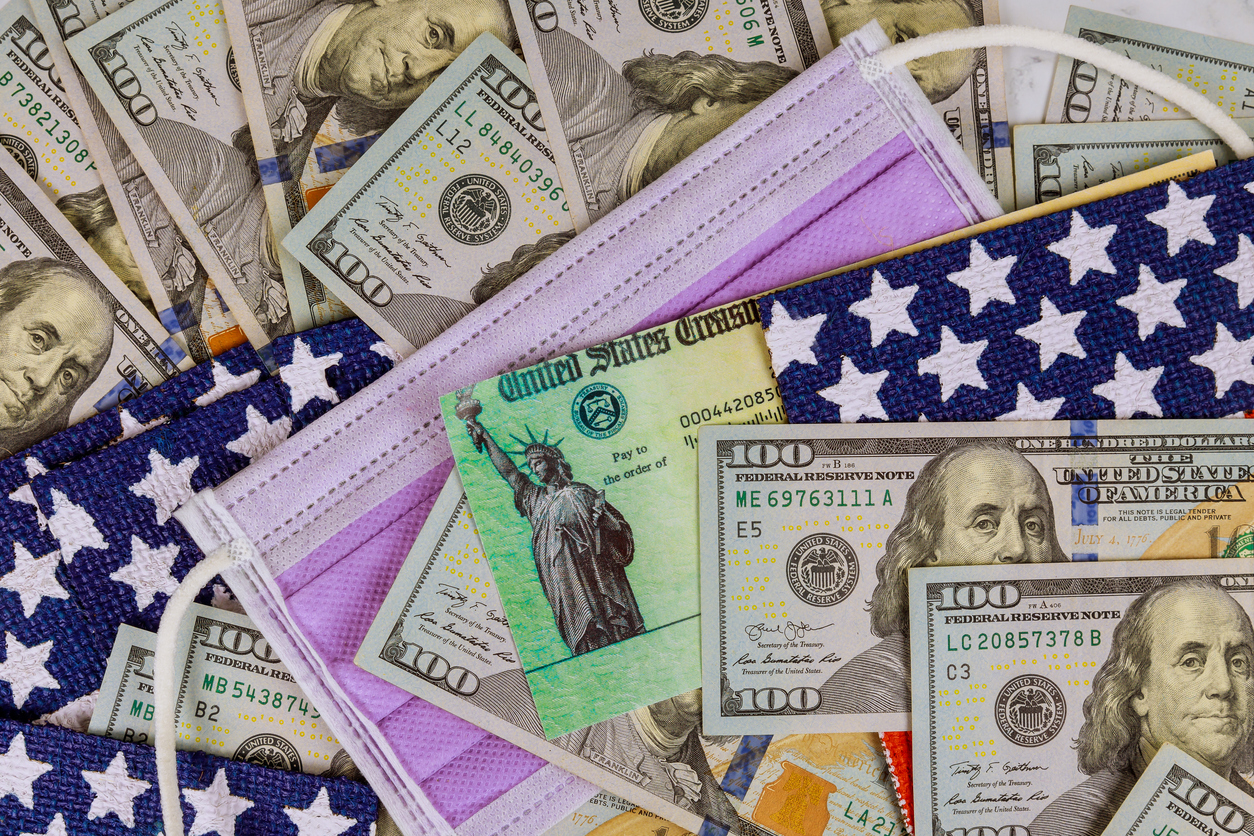Times of crisis tend to bring out the best in people. Unfortunately, however, they also sometimes bring out the worst. For example, in the aftermath of past national emergencies such as Hurricane Katrina and the 2008 Financial Crisis, fraudsters perpetrated all manners of unlawful schemes to divert Government funds intended for victims into their own pockets. Now it is feared the same is happening with the government’s COVID-19 relief efforts.
As with past crises, qui tam whistleblowers are being counted on to combat fraud and to help ensure that COVID-19 relief funds are spent properly and not wasted, misused, or stolen. The stakes could not be higher. Lives could depend on it.

In March 2020, the United States Attorney General issued a memorandum to U.S. attorneys nationwide stating that “the pandemic is dangerous enough without wrongdoers seeking to profit from public panic and this sort of conduct cannot be tolerated” and that it was “essential that the Department of Justice remain vigilant in detecting, investigating, and prosecuting wrongdoing related to the crisis.”
The Attorney General also stated that the DOJ “stands ready to make sure that bad actors do not take advantage of emergency response efforts, healthcare providers, or the American people during this crucial time.” This statement is particularly noteworthy for whistleblowers because it strongly suggests that the Government will be inclined to intervene in meritorious qui tam cases related to the coronavirus, dramatically enhancing whistleblowers’ ability to receive rewards.
The potential for massive fraud in connection with COVID-19 relief is clear. Congress has already appropriated COVID-19 relief funds totaling more than $2 trillion and counting – a mammoth sum considering that the federal Government’s total 2019 budget was only $4.45 trillion. The amounts include $8.3 billion under the Coronavirus Preparedness and Response Supplemental Appropriations Act, $3.5 billion under the Families First Coronavirus Response Act, and about $2 trillion under the Coronavirus Aid, Relief, and Economic Security Act (the CARES Act). Additional appropriations are expected.

Moreover, such funds are allocated for a broad range of purposes, including:
- The research and development of vaccines, plasma therapy, therapeutics, biologics, and diagnostics.
- Support for state, local, and international public health agencies.
- The procurement of medical, surgical and laboratory instruments, equipment, and supplies, including PPE, ventilators, and other supplies for the National Strategic Stockpile.
- COVID-19 testing, the funding of paid family sick leave and medical leave, and increased food stamps.
- Loans and loan guarantees for states, cities, and municipalities (the “Main Street Lending Program”).
- Loans and loan guarantees as well as tax credits, deferrals, and deductions for private sector businesses, including billions of dollars earmarked for certain industries including passenger airlines, the defense and national security industry, the healthcare industry, medical equipment manufacturers, and lending institutions.
- A small business loan program to keep employees on the payroll and help pay essential expenses such as rent and utilities (the “Payroll Protection Program” or PPP).
Fraud is their game.
Integrity is yours.
Additionally, an alphabet soup of departments and agencies are responsible for the expenditures, complicating the ability of Government auditors and Inspectors General to keep track.
Those departments and agencies include the Department of Health and Human Services (HHS), Food and Drug Administration (FDA), Centers for Disease Control and Prevention (CDC), National Institutes of Health (NIH), Small Business Administration (SBA), State Department, Agency for International Development,

Federal Emergency Management Agency (FEMA), Department of Homeland Security (DHS), Department of Veterans Affairs (VA), Centers for Medicare & Medicaid Services (CMS), Biomedical Advanced Research and Development Authority (BARDA), National Institute of Allergy and Infectious Diseases (NIAID), Department of Defense (DOD), Strategic National Stockpile (SNS), Indian Health Service (HIS), and White House Coronavirus Taskforce.
Potential whistleblowers should be alert to and look out for activities which could serve as the basis for qui tam lawsuits under the False Claims Act in connection with COVID-19 spending. Those activities include individuals or businesses that are:
- Engaging in collusive practices such as price-fixing or bid-rigging, for example in the sale of Personal Protective Equipment (PPE) or medical equipment.
- Paying or receiving kickbacks to influence purchase or referral decisions, including in violation of the Anti-Kickback Statute (AKS) or the Physician Self-Referral Law (Stark law), which applies to referrals for medical care reimbursable by federal healthcare programs such as Medicaid, Medicare, TRICARE, and the Veterans Administration (VA).
- Obtaining patient information for COVID-19 care and then using that information to bill federal healthcare programs for tests or procedures that were not authorized or rendered.
- “Upcoding” or the use of improper medical billing codes to receive inflated reimbursements from federal healthcare programs.
- Billing for care that is not medically necessary or for treatments or drugs the safety or efficacy of which are not supported.
- Billing for medical care, treatments, diagnostics, or supplies that are unapproved or do not satisfy regulatory requirements or standards.
- Making false or misleading statements in connection with the sale or marketing of products, including medical devices or pharmaceuticals.
- Misrepresenting an applicant’s eligibility to receive reimbursements, loans, grants, or loan forgiveness, or making false statements on applications for any type of COVID-19 relief funds.
- Falsifying grant applications or progress reports or fabricating research data.
- Providing false certifications of compliance with regulatory or contractual requirements, for example that goods were manufactured in accordance with Current Good Manufacturing Practice regulations (CGMPs) or that goods or services comply with Buy American Act or the Americans with Disabilities Act (ADA).
- Falsely certifying that validation or testing procedures for products or services were followed.
- Violating “best price” requirements in connection with prescription pharmaceutical reimbursements.
- Selling goods that are defective or substandard.
If you have information about possible COVID-19 fraud, it is important to confer with an experienced whistleblower attorney like Mark A. Strauss to help evaluate the possibility of bringing a qui tam lawsuit. Reach out to us for a free and confidential consultation.
Free Consultation
No Fee Unless We Win!
Call or Text Now

Published By
Attorney Mark A. Strauss
Mark is a battle-hardened and tenacious anti-fraud attorney with more than twenty years of experience in complex civil litigation. He has represented qui tam whistleblowers under the False Claims Act as well as victims of fraud under the federal securities laws and the Racketeer Influenced and Corrupt Organizations Act (RICO). His efforts have resulted in the recovery of hundreds of millions of dollars for clients.
Practices
Whistleblower Practices
- False Claims Act Whistleblower Lawsuits
- Customs Fraud
- COVID-19 Relief Fraud
- Healthcare Fraud
- Government Contracting & Procurement Fraud
- Grant Fraud
- Federal Credit Assistance Fraud
- Securities Law Violations & the SEC Whistleblower Program
- Tax Fraud & the IRS and New York State Whistleblower Programs
- State False Claims Acts